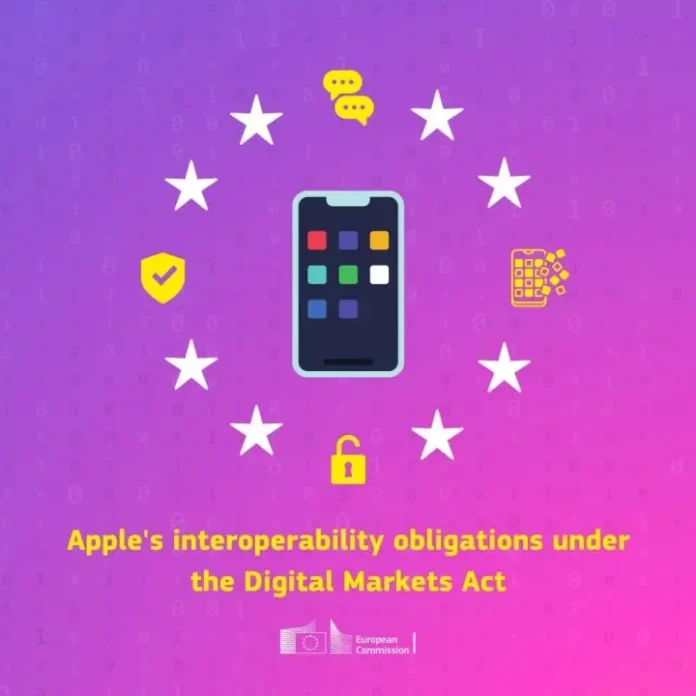Apple is facing fresh regulatory pressure in Europe as new rules are set to require the tech giant to provide free access to third-party accessories for its devices. This regulation aims to challenge Apple’s current ecosystem, which has been known to limit the compatibility of accessories from other manufacturers, often encouraging users to buy Apple’s own products. The move is part of a broader European Union effort to promote consumer choice, fair competition, and sustainability in the tech industry.
The regulation is designed to ensure that consumers have the freedom to use a wide variety of accessories, such as chargers, cables, and protective cases, without being forced to rely on Apple’s proprietary accessories. This comes after years of criticism that Apple’s “walled garden” approach locks users into its ecosystem, making it difficult for third-party manufacturers to create compatible products. By opening up access to these third-party accessories, the EU hopes to foster a more competitive market and allow users more flexibility.
One of the major goals of the regulation is to reduce electronic waste. Apple has been under scrutiny for requiring specific accessories, such as its Lightning cables, which are not universally compatible with other devices. By mandating compatibility with third-party accessories, the EU aims to encourage the use of existing products, which could significantly cut down on unnecessary purchases and the resulting environmental impact. Consumers will be able to use accessories across different brands without having to buy new ones, which aligns with the EU’s push for more sustainable tech practices.
In response, Apple may need to adjust its Made for iPhone (MFi) program, which currently licenses third-party accessory manufacturers to create Apple-approved products. This regulation could potentially force Apple to offer fewer restrictions on accessory compatibility, allowing manufacturers to develop products without needing Apple’s certification. The outcome could lead to a more diverse range of accessories available at lower prices, benefiting consumers across Europe.
The long-term impact of these regulations could have ripple effects on Apple’s global operations. While the rules are specific to Europe, Apple might choose to implement similar changes worldwide to streamline its product ecosystem and avoid confusion in different markets. As the legal and business environment continues to shift in favor of open ecosystems, this development may mark a significant change in how Apple and other tech giants approach third-party compatibility in the future.

